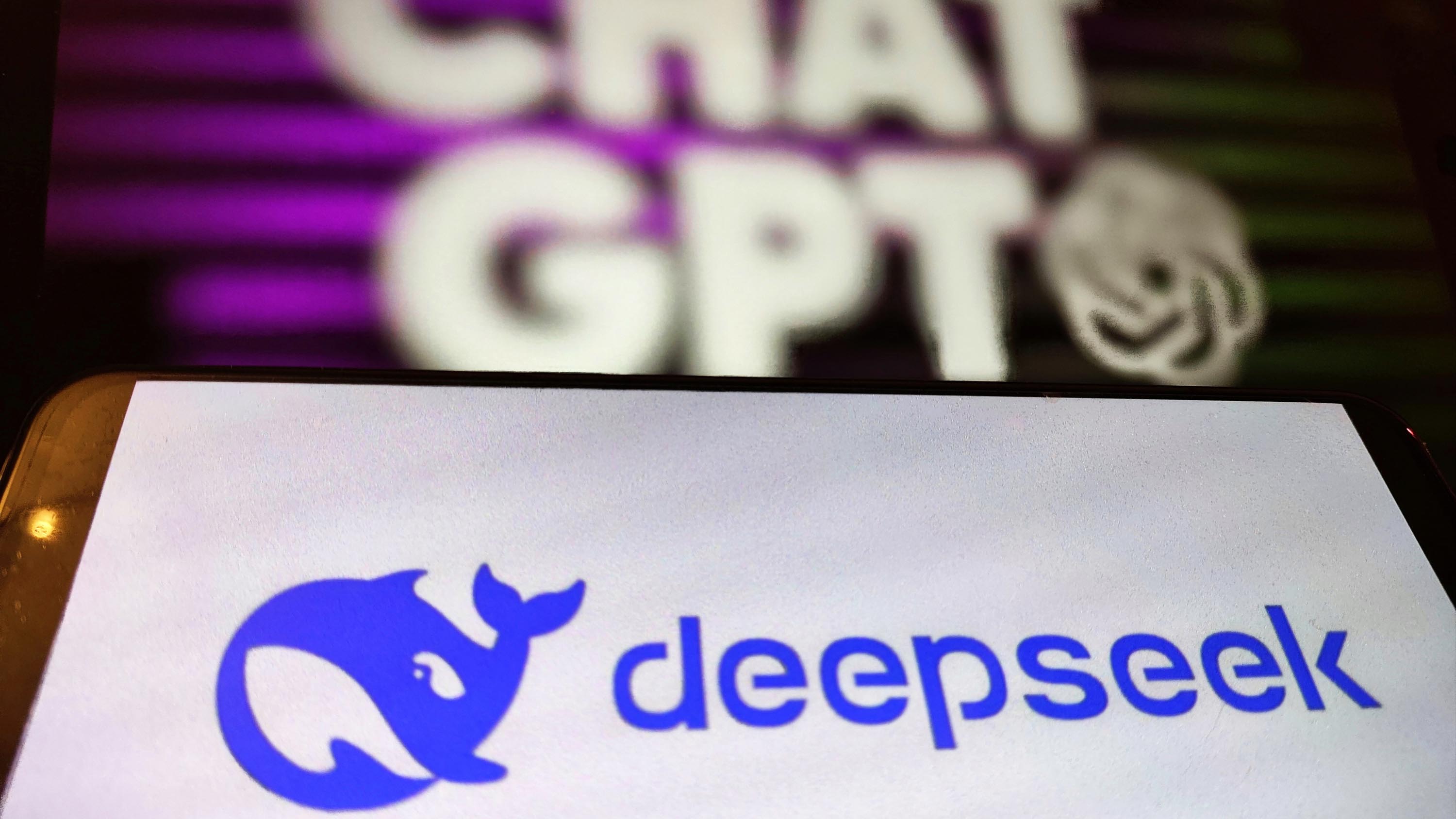Rising Tensions: Chinas DeepSeek AI Model Sparks National Security Concerns in the US

The rivalry between the United States and China has been a pivotal aspect of global politics for decades, and the recent advancements in generative artificial intelligence (AI) have only intensified these tensions. The Biden-Harris administration has taken significant steps to curb China's technological ascent, particularly through the imposition of strict export controls on advanced semiconductor chips. This policy was designed not just to protect American economic interests but also to prevent sensitive technologies from fueling potential military advancements in China.
Historically, these restrictions have aimed to limit the access that Chinese companies have to cutting-edge technology that could be repurposed for military applications. Although the Biden administration asserts that these measures are not intended to stifle China's economy, the implications are significant, as they effectively hinder Chinas ability to compete in the global tech arena.
Despite these stringent measures, China has made remarkable strides in the AI sector. A notable example is the emergence of DeepSeek, a Chinese AI startup that has developed a new model, the R1, which reportedly outperforms OpenAI's o1 reasoning model across multiple benchmarks. This achievement is particularly striking considering DeepSeek achieved this feat at a fraction of the cost, raising eyebrows within the U.S. government and tech industries.
Recently, a bipartisan House committee has labeled DeepSeek as a profound threat to U.S. national security, as reported by Bloomberg. This committee is particularly concerned about the potential implications of DeepSeeks developments and has requested NVIDIA, a leading semiconductor manufacturer, to provide information regarding the sales of chips possibly used by DeepSeek to create its cost-effective R1 model.
However, conflicting reports regarding the financial investments behind DeepSeek's R1 model have emerged. Initial claims suggested that the venture cost around $6 million and utilized 2,048 AI GPUs. In contrast, a more recent assessment indicates that DeepSeek actually spent an astounding $1.6 billion on its hardware, which included approximately 50,000 NVIDIA Hopper GPUs. This staggering investment raises questions about the source of funding and the extent of state involvement in DeepSeeks operations.
The committee's investigation has also delved into DeepSeeks potential links with the Chinese government. Allegations suggest that the startup may have significant ties with governmental entities, raising concerns about unauthorized data scraping for the benefit of state interests. The committee noted that DeepSeeks founder, Liang Wenfeng, operates the company alongside a state-affiliated hardware distributor and the Chinese research institute, Zhejiang Lab, suggesting a tightly integrated ecosystem that could facilitate state control over information.
Adding to the controversy, OpenAI has echoed the committee's concerns, alleging that DeepSeek may have employed unlawful methods in the development of its AI models. This includes claims that DeepSeek utilized its own employees to bypass certain regulatory guardrails, thereby accelerating the model's development while reducing costs. OpenAI also alleges that DeepSeek may have appropriated its proprietary data to enhance its own offerings.
Beyond these serious security issues, the House committee has pointed out that DeepSeeks search results are allegedly manipulated to promote Chinese propaganda, raising ethical questions about the integrity of the information being disseminated by such advanced AI systems. Intriguingly, the committee has highlighted that DeepSeek has managed to leverage NVIDIAs advanced AI chips for its model development, despite the existing export bans imposed by the Biden administration.


























